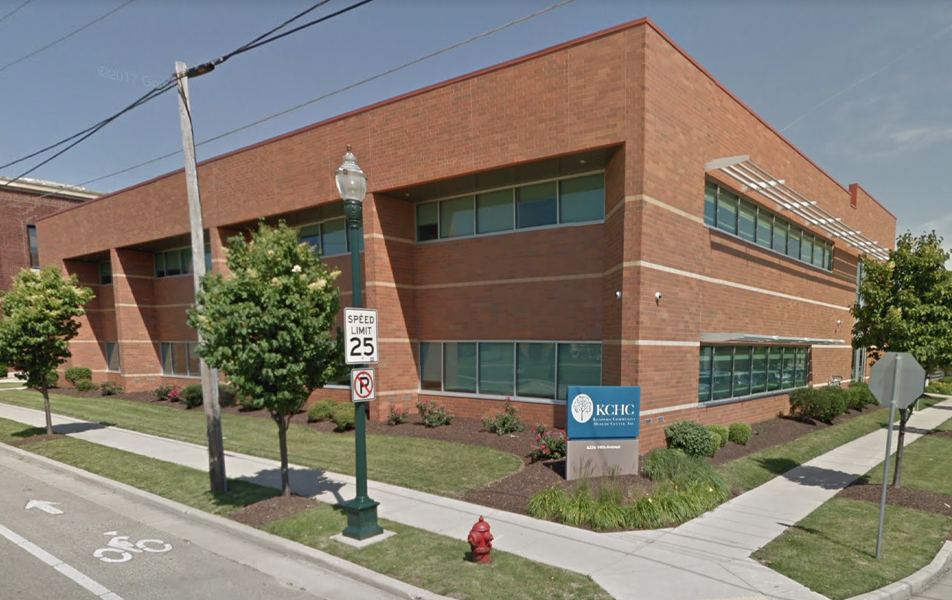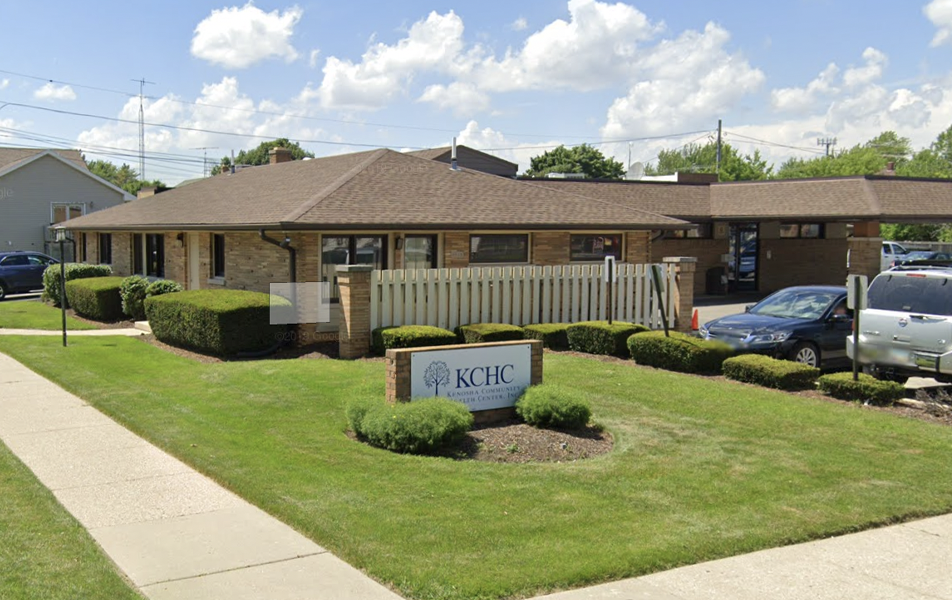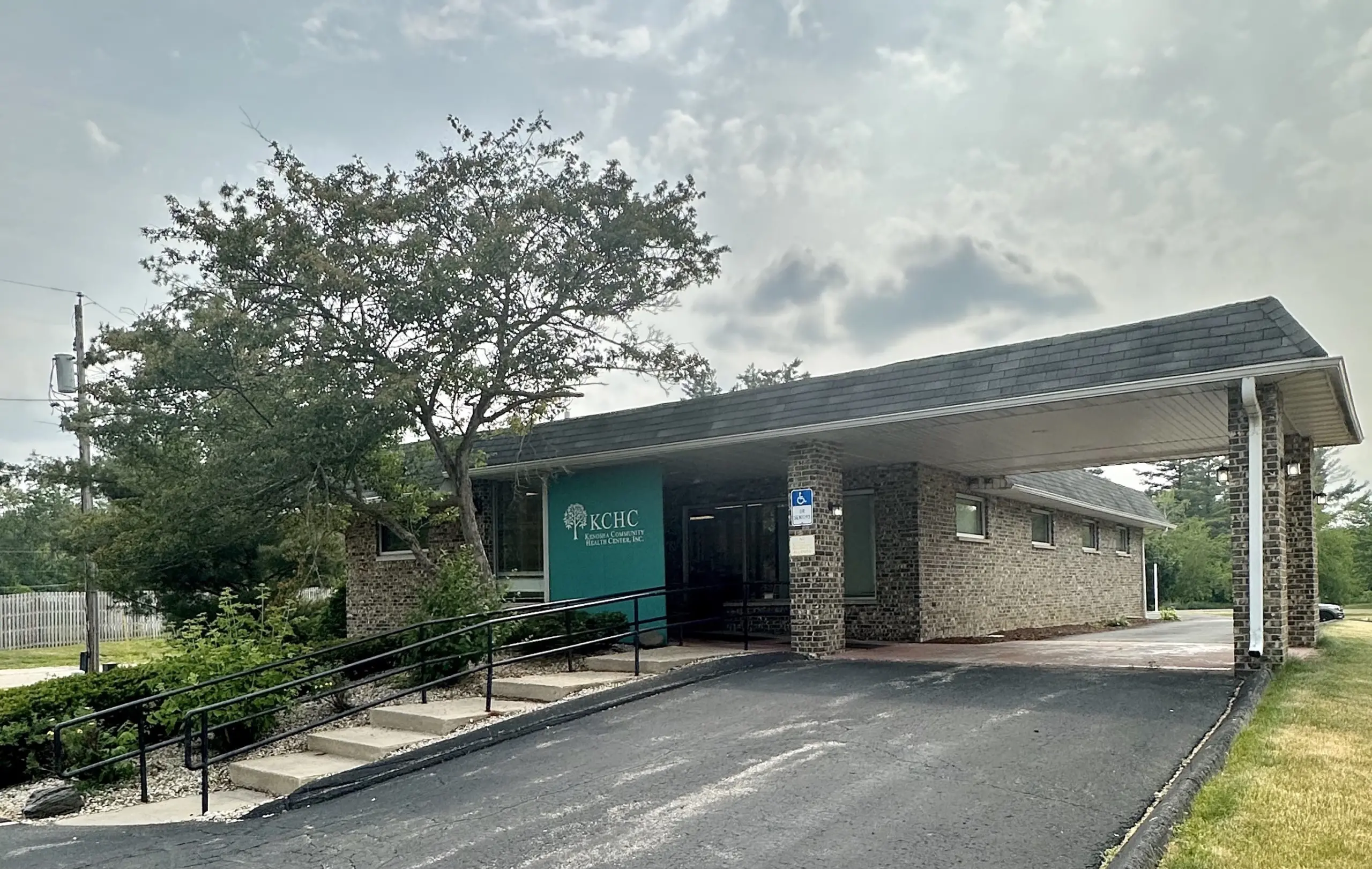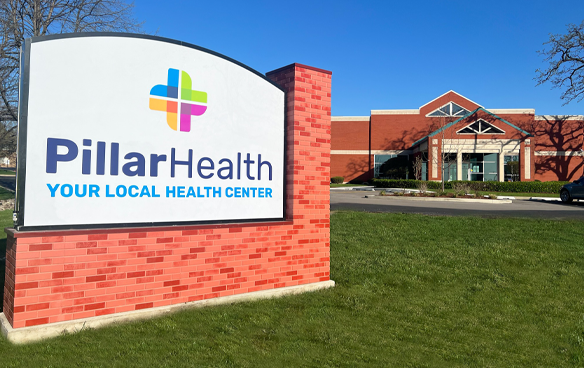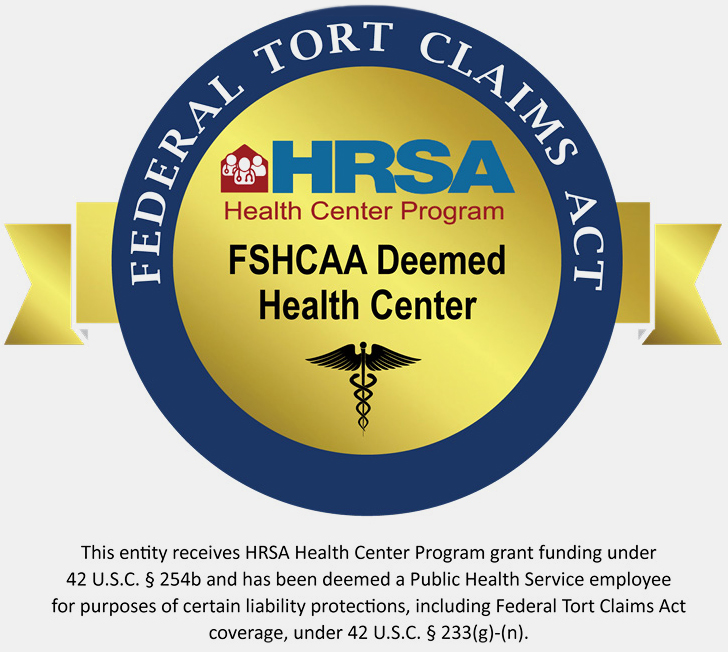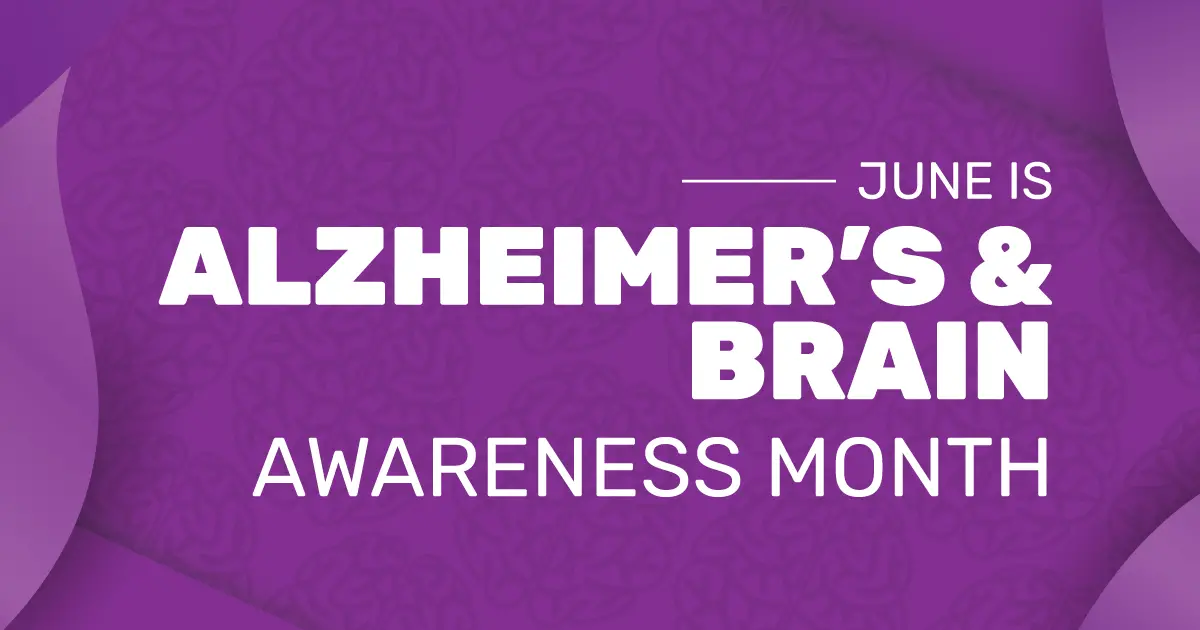
June is Alzheimer’s & Brain Awareness Month. This is a time to learn about Alzheimer’s disease and other brain issues that affect many people.
Pillar Health and Kenosha Community Health Center have created this guide to help you understand the signs, treatments, and ways to prevent Alzheimer’s disease.
What is Alzheimer’s Disease?
Alzheimer’s disease is a serious condition that affects the brain. It slowly destroys memory and thinking skills. It is the most common type of dementia, which means it affects how people think and remember things.
Important Facts:
- How Many People Have It: Over 6 million people in the U.S. have Alzheimer’s disease. This number is expected to grow to nearly 13 million by 2050 (Alzheimer’s Association).
- Deaths: Alzheimer’s disease is the sixth leading cause of death in the U.S. (CDC).
- Caregivers: More than 11 million people in the U.S. care for someone with Alzheimer’s (Alzheimer’s Association).
How to Recognize the Signs
Early detection of Alzheimer’s can help improve quality of life. Here are common signs to look for:
- Memory Loss: Forgetting recently learned information.
- Trouble with Planning or Solving Problems: Difficulty concentrating and following familiar tasks.
- Problems Completing Familiar Tasks: Trouble with daily tasks like driving to a familiar place or managing a budget.
- Confusion with Time or Place: Losing track of dates and times.
- Difficulty Understanding Visual Images: Trouble reading or judging distance.
- New Problems with Words: Struggling with vocabulary and conversations.
- Misplacing Things: Putting things in unusual places and being unable to find them.
- Poor Judgment: Changes in decision-making.
- Withdrawing from Activities: Pulling away from hobbies and social activities.
- Mood Changes: Becoming confused, suspicious, or depressed.
Treatment Options
There is no cure for Alzheimer’s, but treatments can help manage symptoms:
- Medications:
- Cholinesterase Inhibitors: Drugs like Donepezil (Aricept) and Rivastigmine (Exelon) help with memory and thinking problems.
- Memantine (Namenda): Helps with moderate to severe Alzheimer’s by regulating certain brain chemicals.
- Non-Drug Therapies:
- Cognitive Training: Activities that improve memory and problem-solving.
- Behavioral Techniques: Methods to manage symptoms like sleep changes and agitation.
- Supportive Care:
- Caregiving: Professional caregivers and support groups are important for patients and their families.
- Planning for the Future: Discussing future medical care and decision-making.
PREVENTATIVE MEASURES
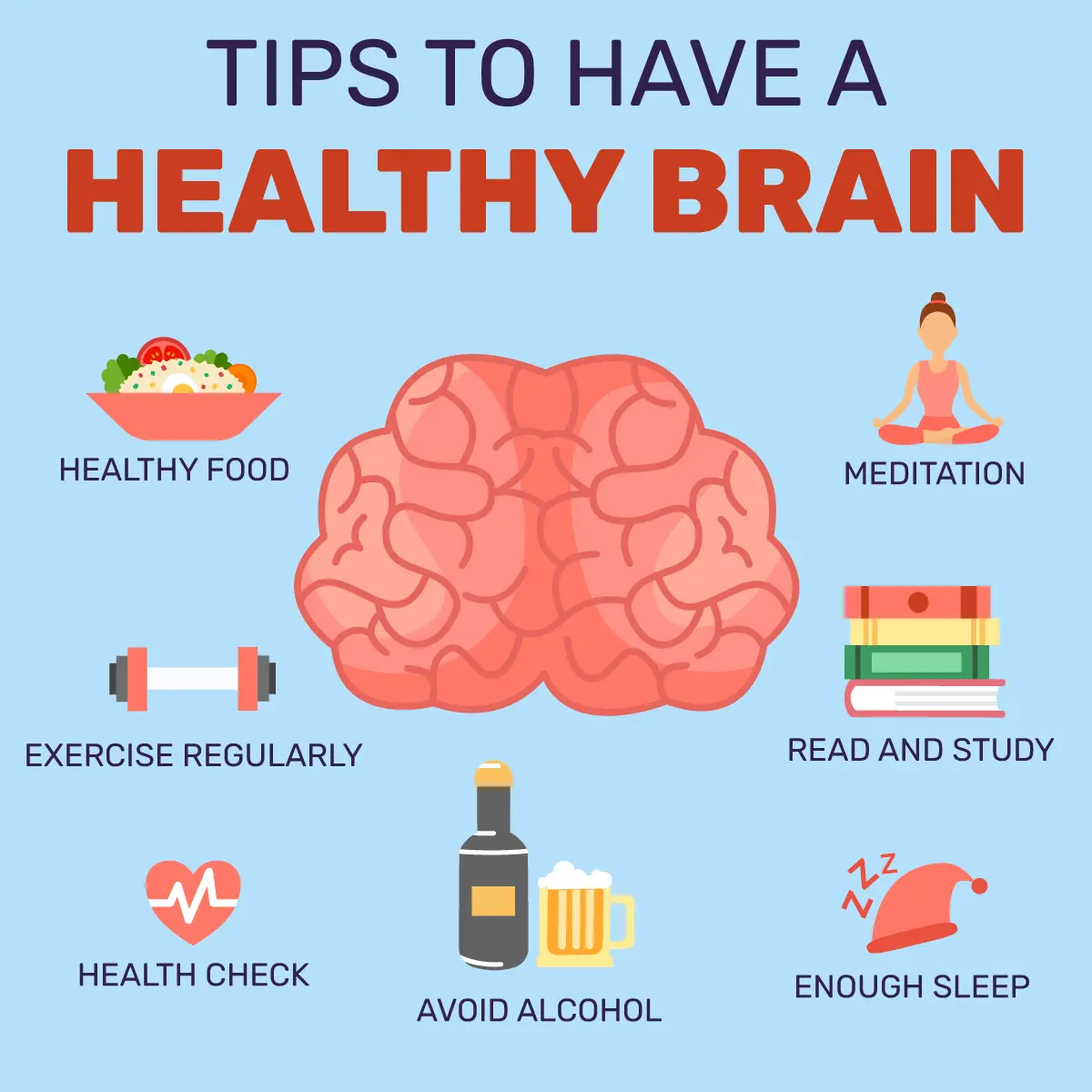
There is no sure way to prevent Alzheimer’s, but a healthy lifestyle can lower the risk:
- Exercise: Regular physical activity supports brain health.
- Healthy Diet: Eating a diet rich in fruits, vegetables, whole grains, and healthy fats.
- Mental Stimulation: Activities that challenge the brain, like reading and puzzles.
- Social Engagement: Staying socially active helps maintain cognitive function.
- Quality Sleep: Getting enough restful sleep.
- Stress Management: Managing stress through techniques like mindfulness, which is living in the present moment without judgment.
Alzheimer’s & Brain Awareness Month is a great time to learn about Alzheimer’s disease. By recognizing the signs, exploring treatments, and adopting healthy habits, we can help those affected by this condition.
For more information and resources, visit the Alzheimer’s Association at www.alz.org.
This guide is brought to you by Pillar Health and Kenosha Community Health Center, dedicated to improving community health and wellness in Kenosha, Racine and Walworth counties.
Do not wait to schedule your appointment.
Kenosha Community Health Center has many appointment options in Kenosha and Silver Lake to meet your needs.
Schedule An Appointment

